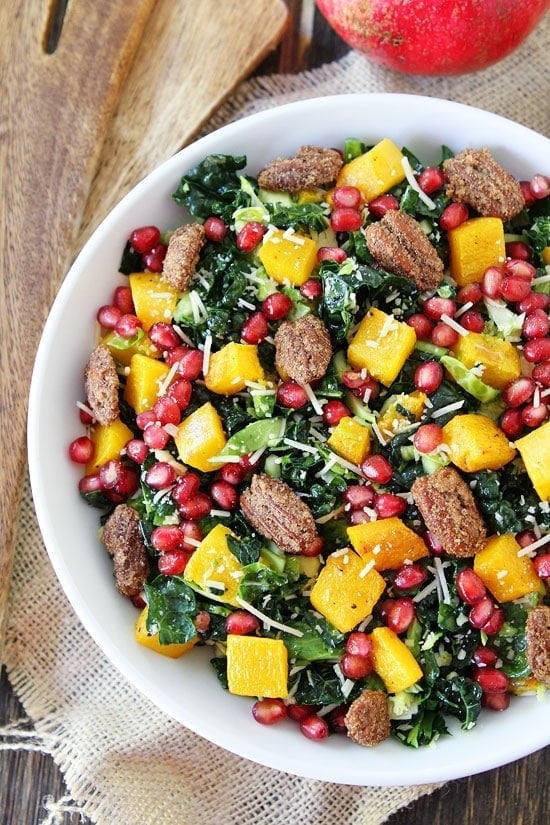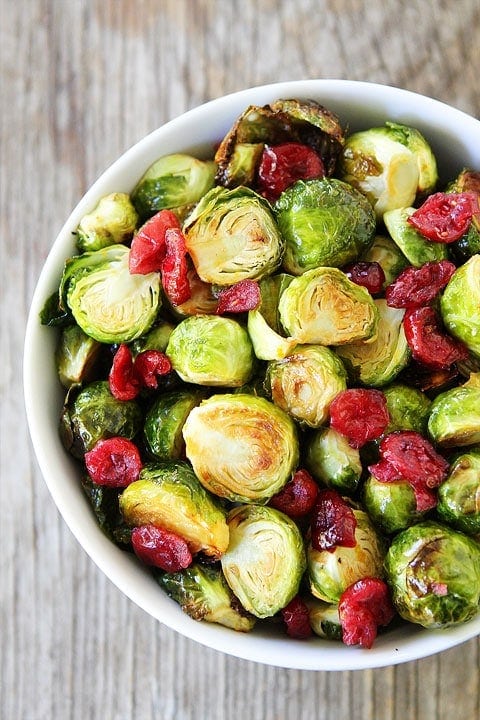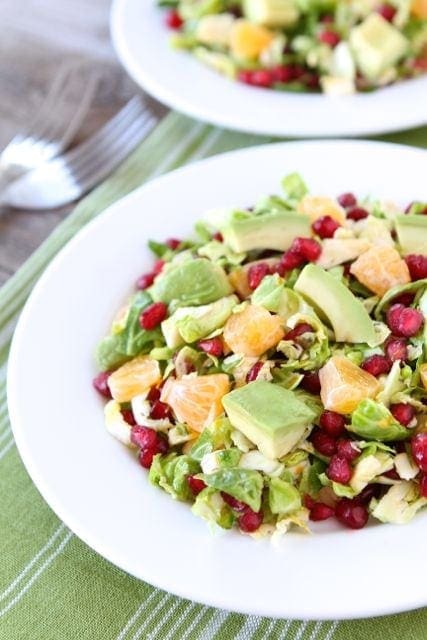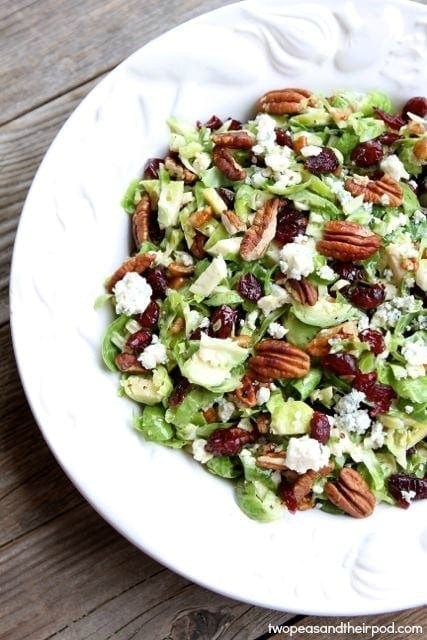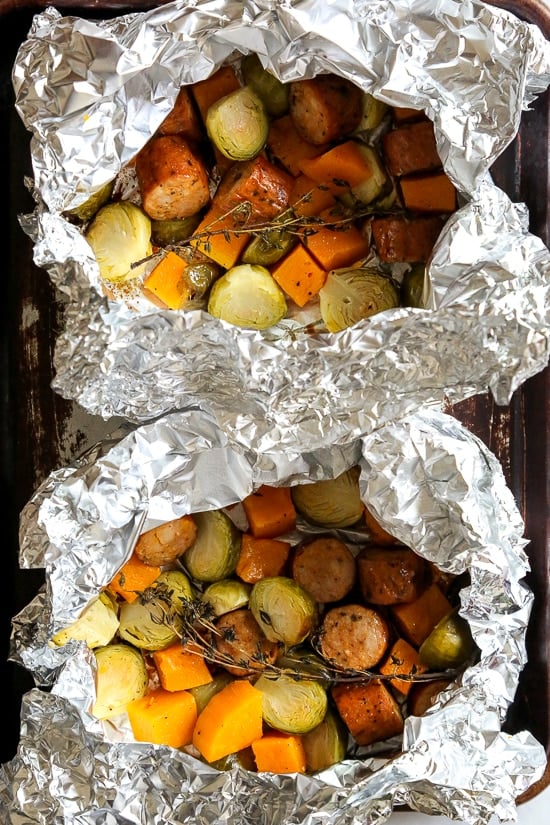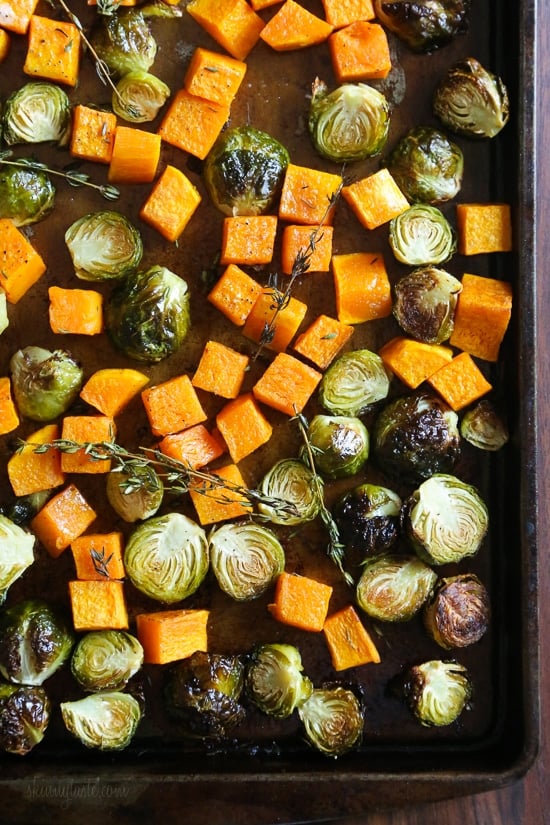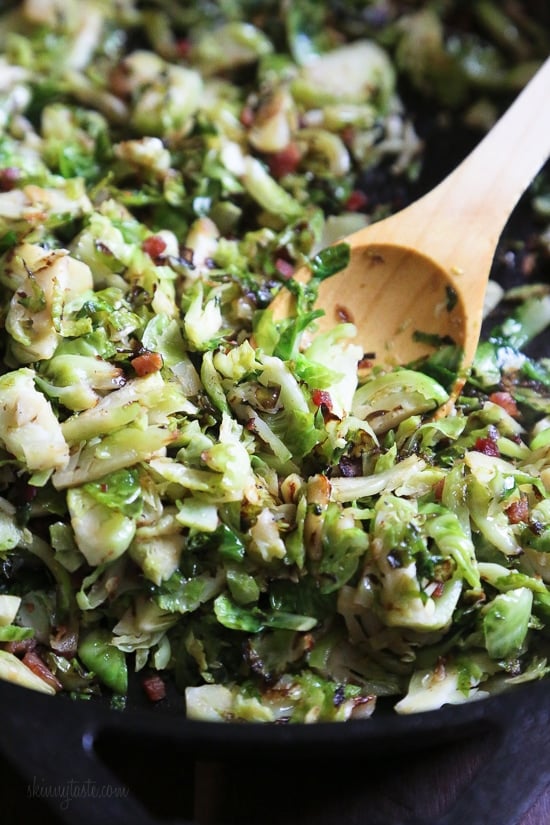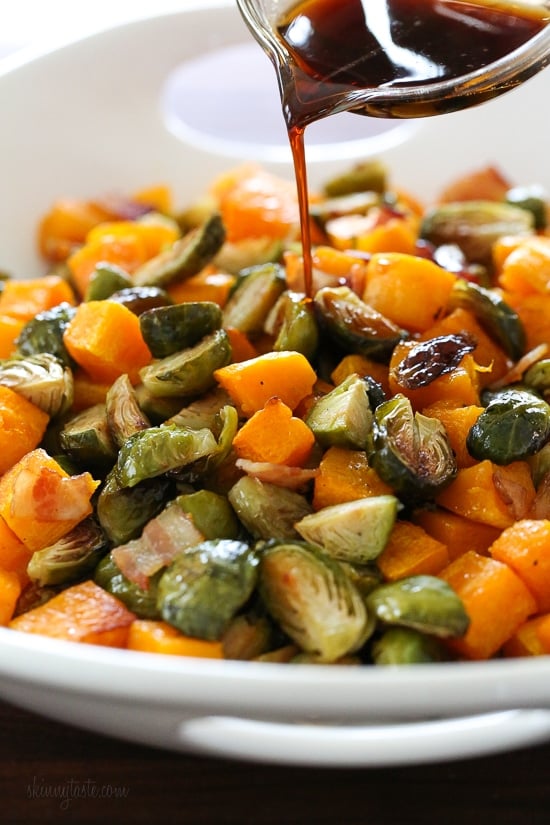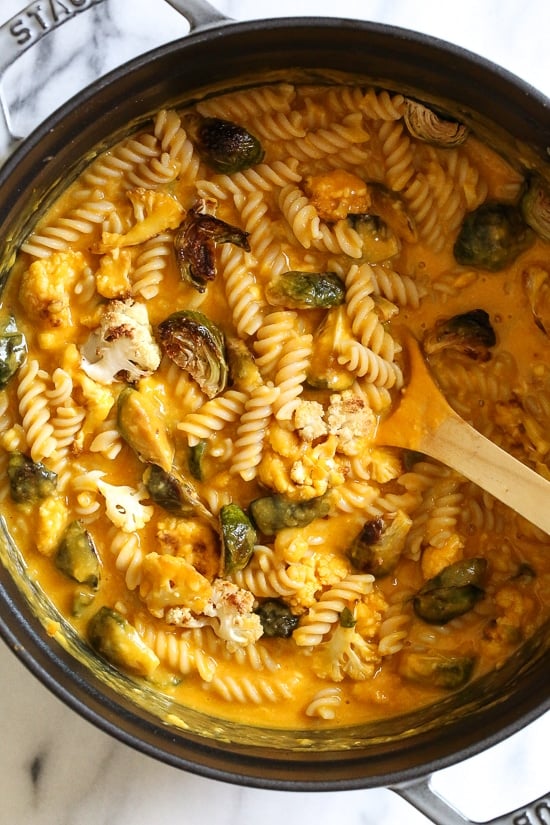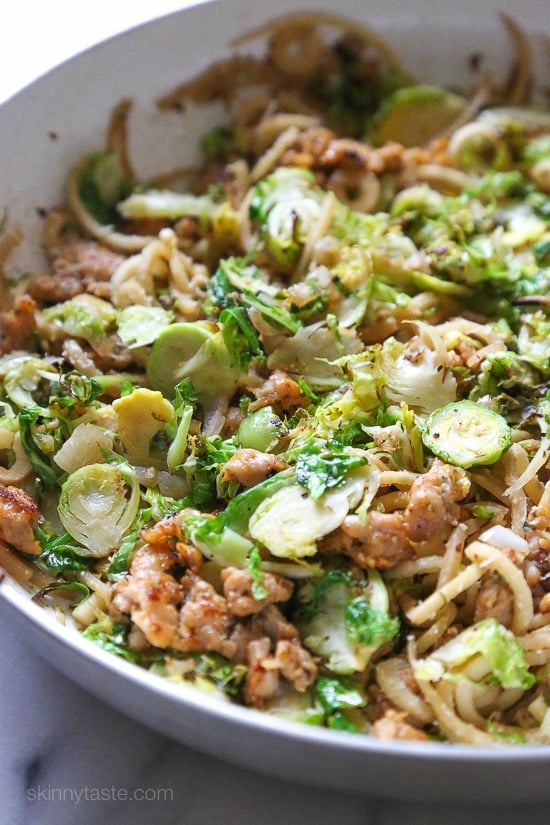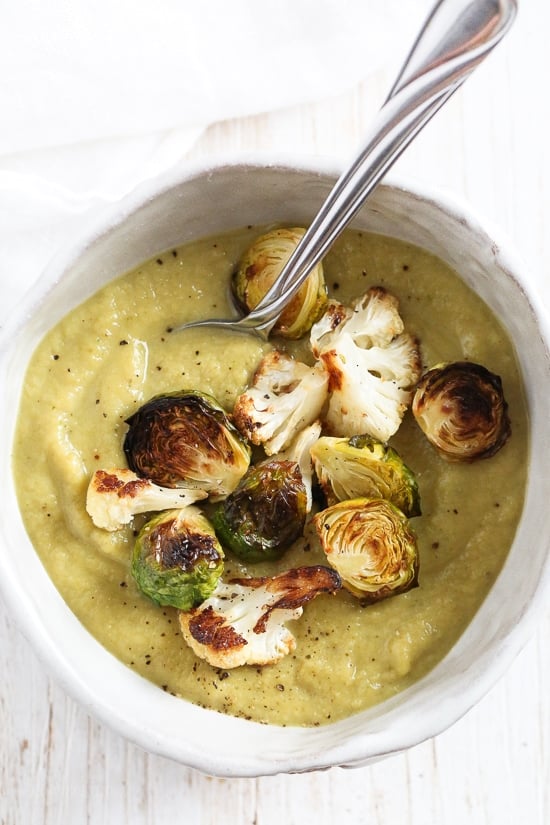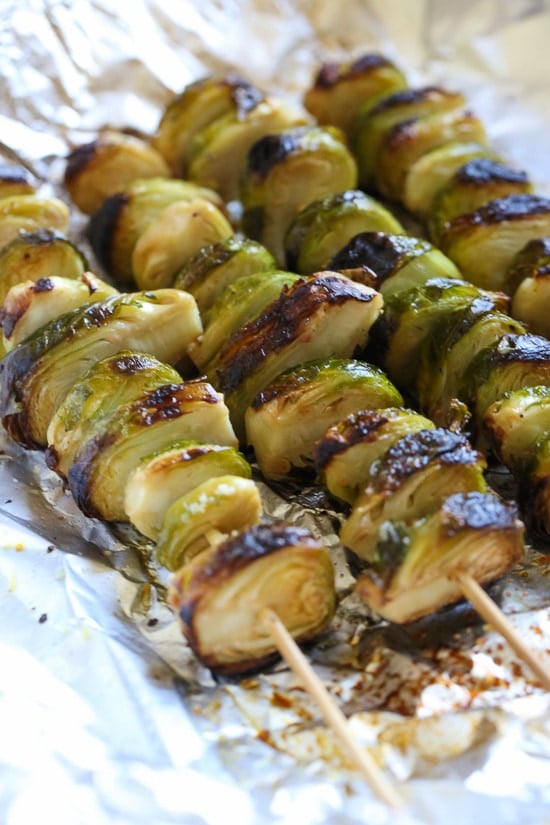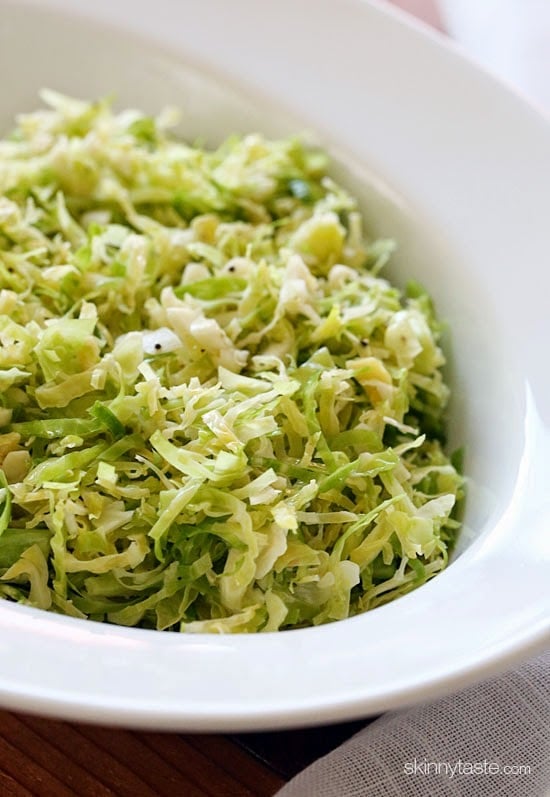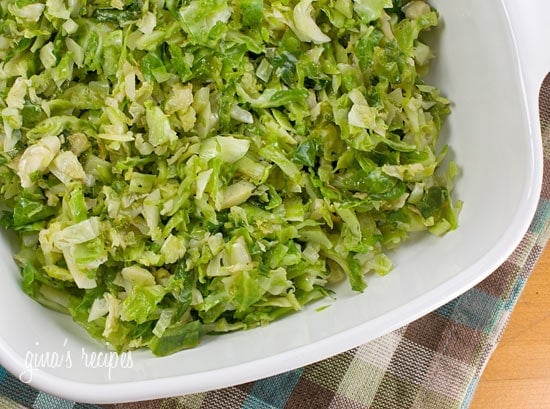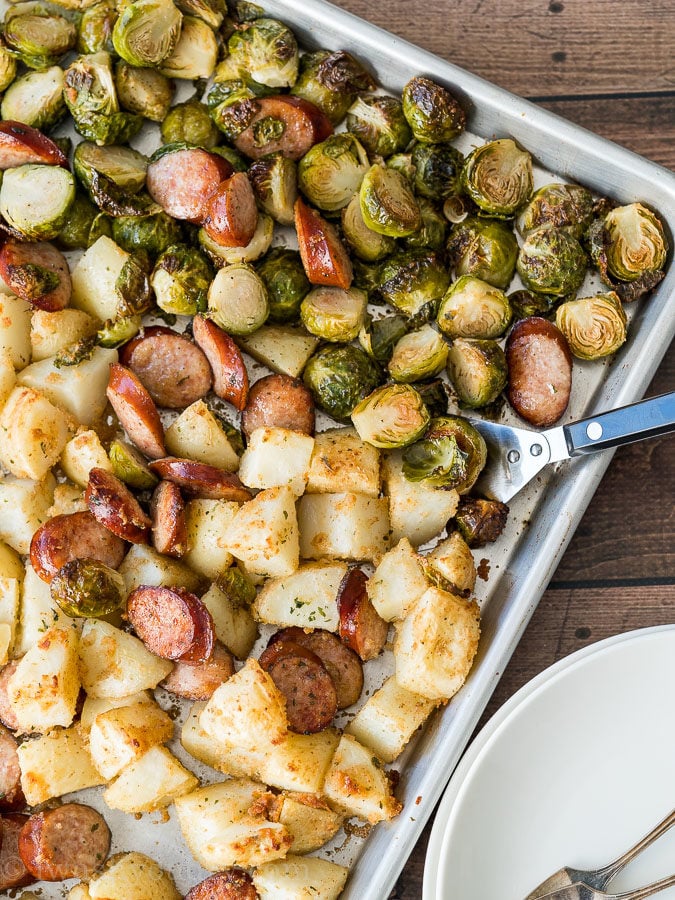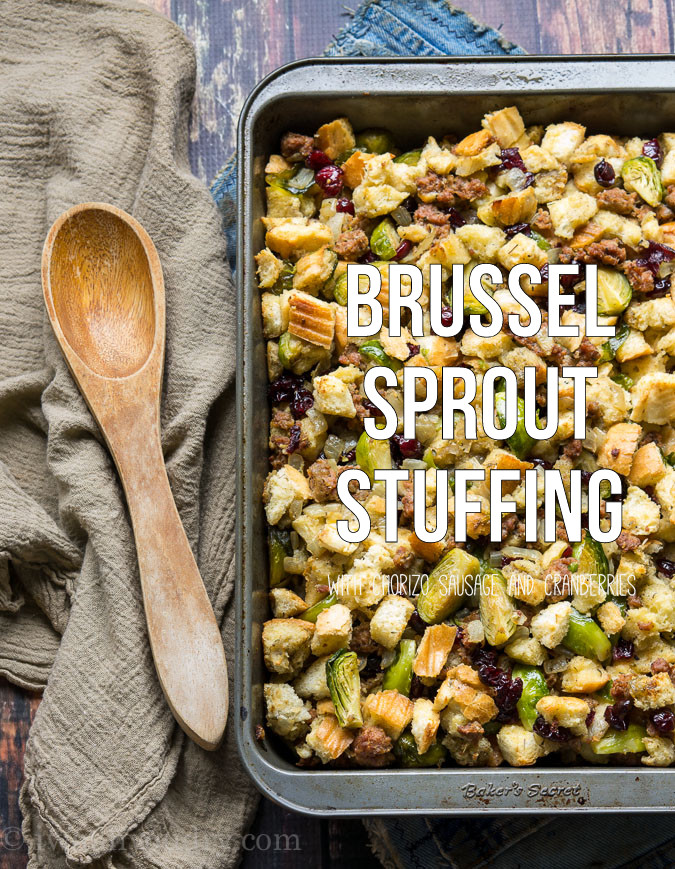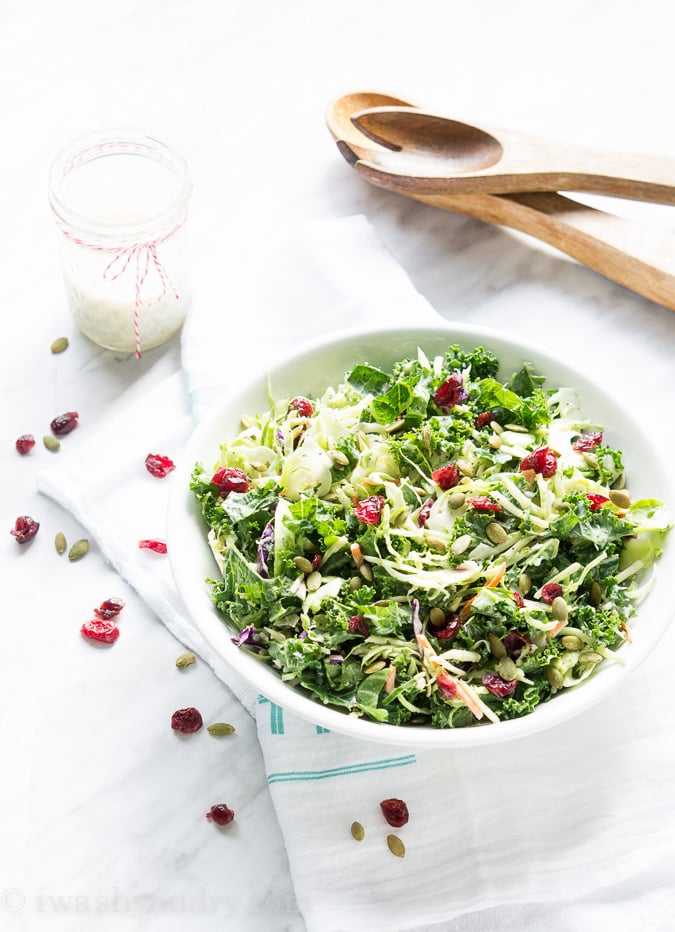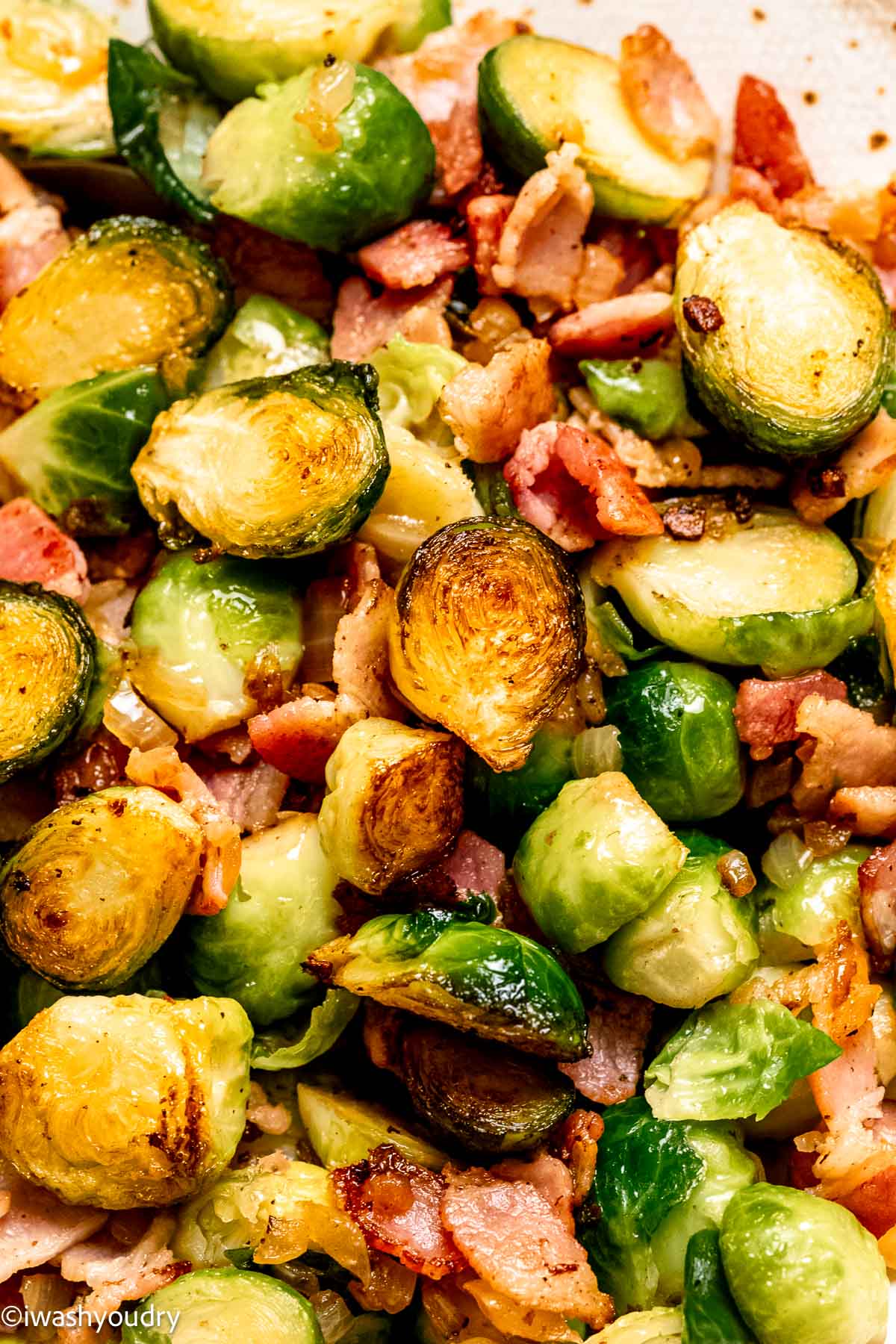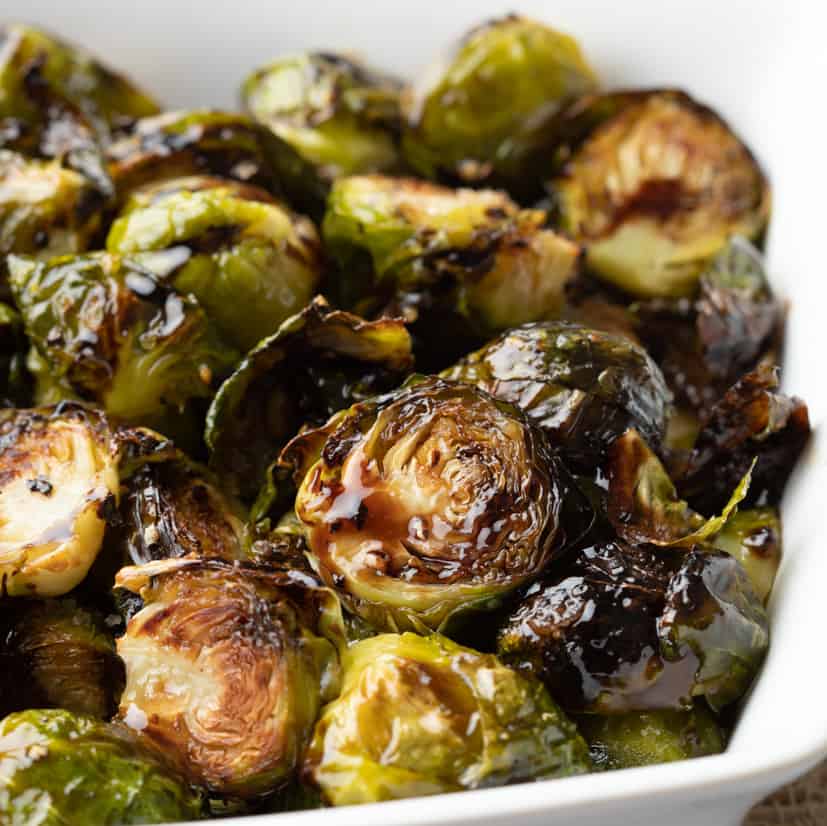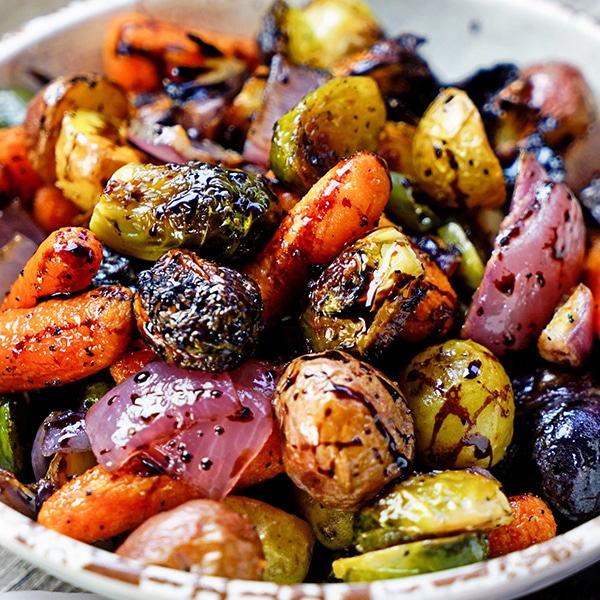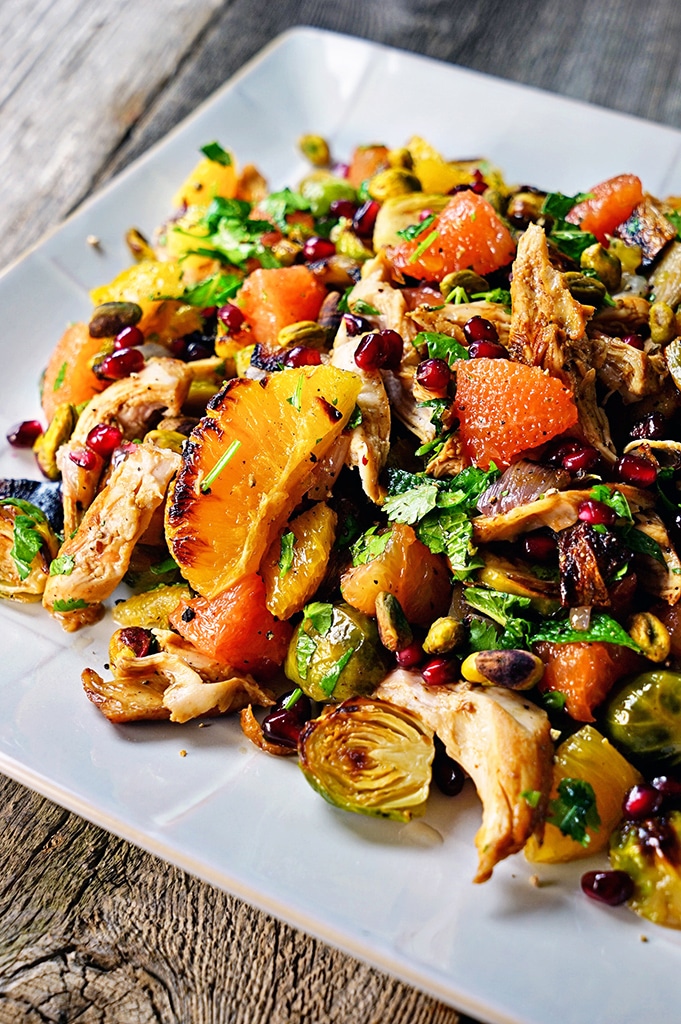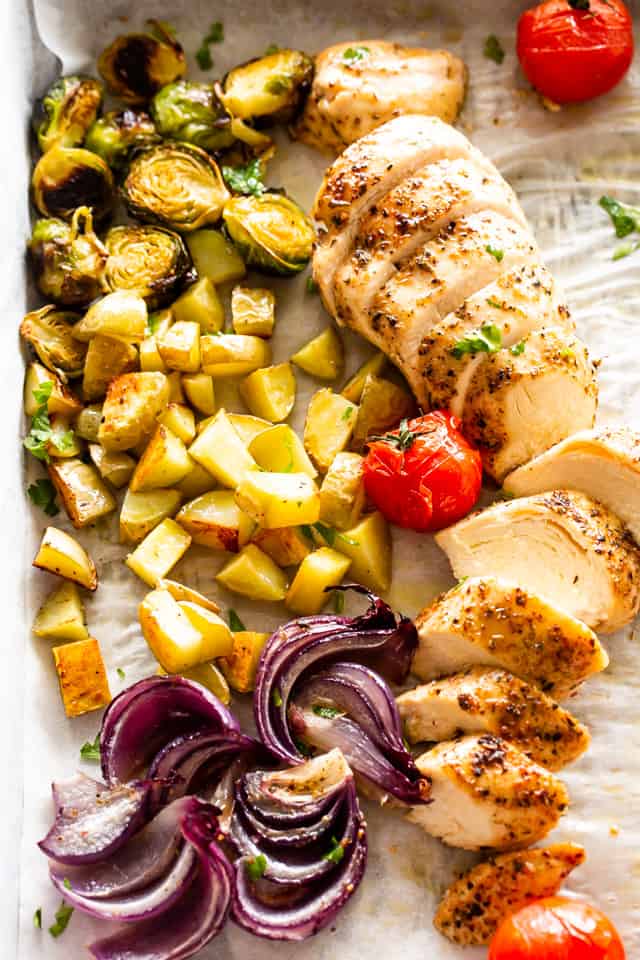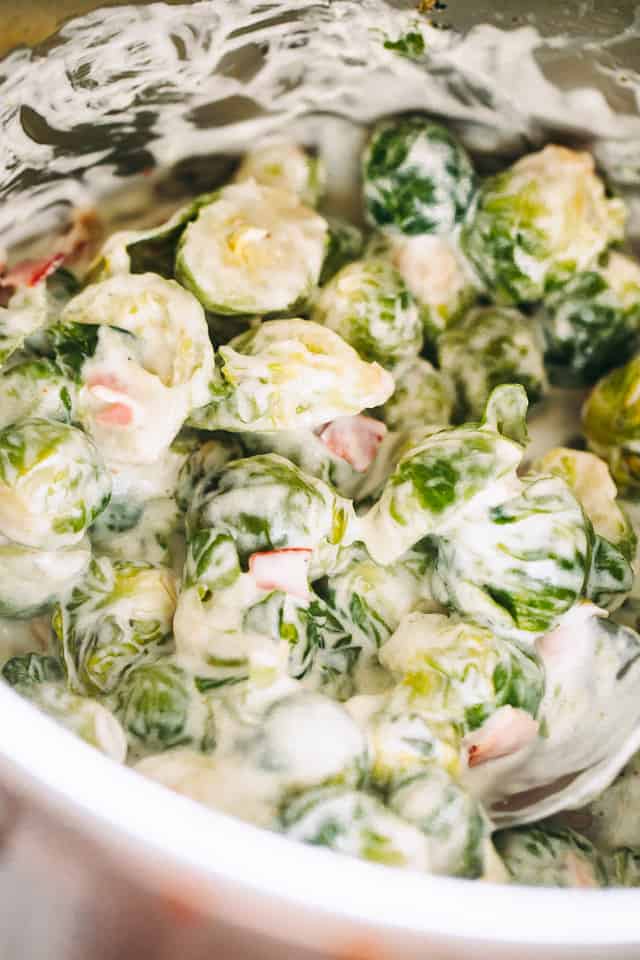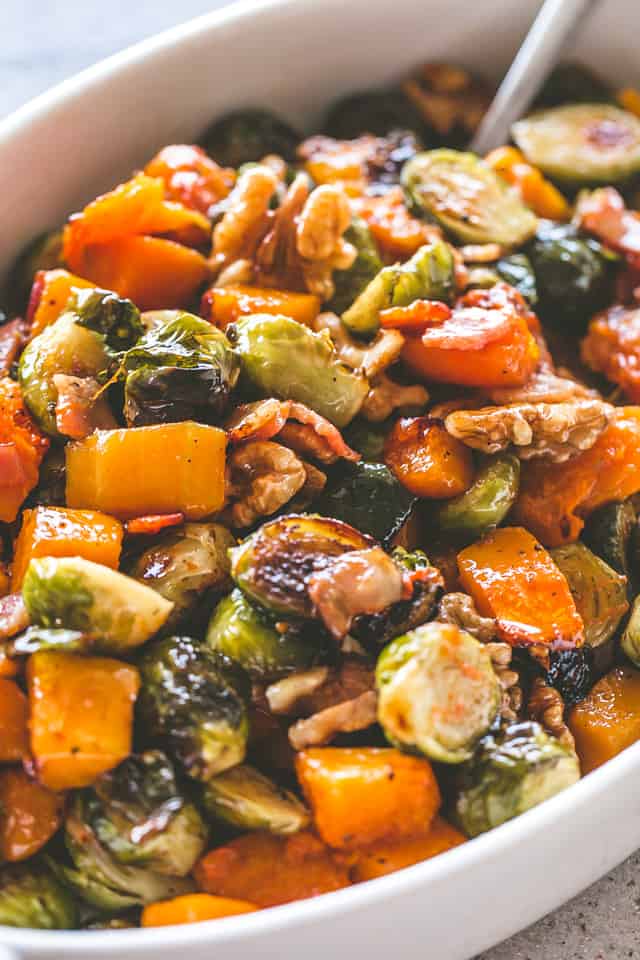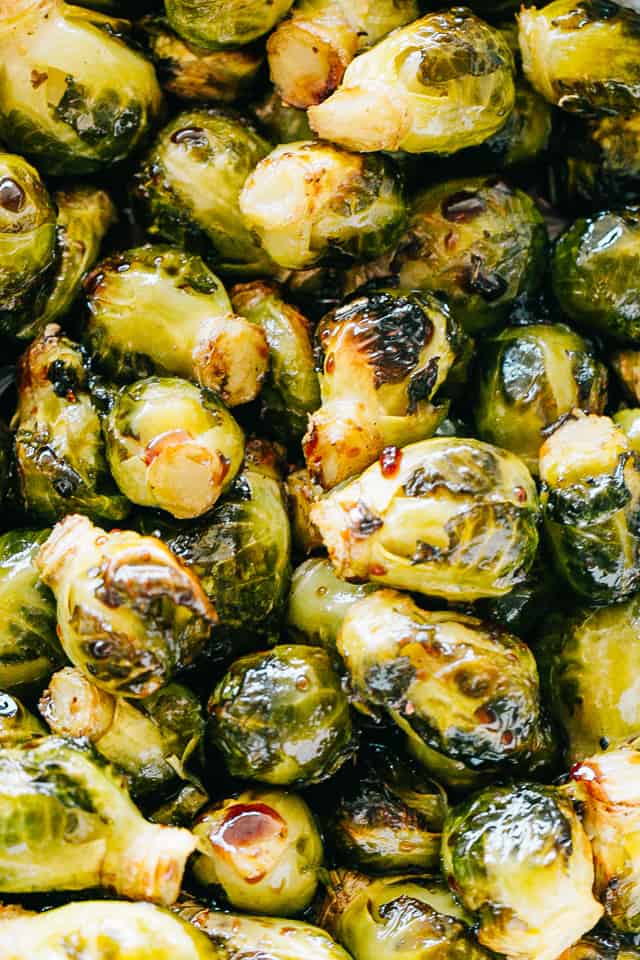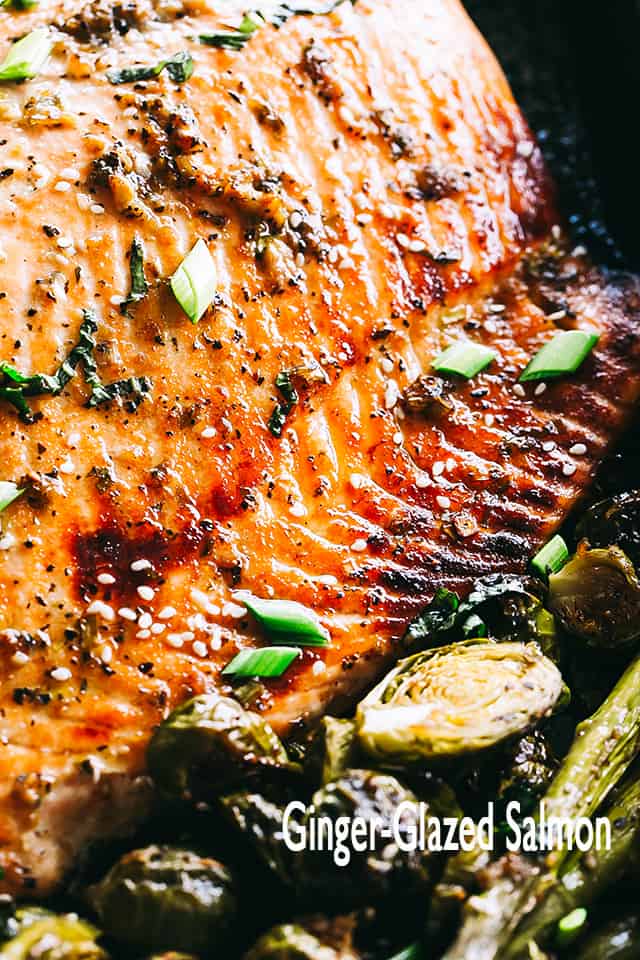Brussels Sprouts: Important Facts, Health Benefits, and Recipes
Explore the health benefits, history, and culinary uses of Brussels sprouts in our ultimate guide, and learn how to incorporate this nutrient-rich vegetable into your diet.
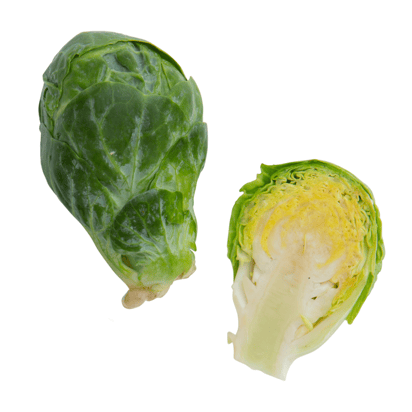
Best Brussels Sprouts Recipes
-
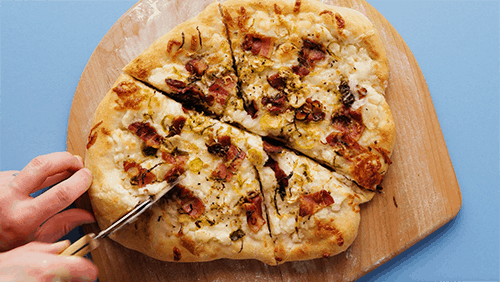
-
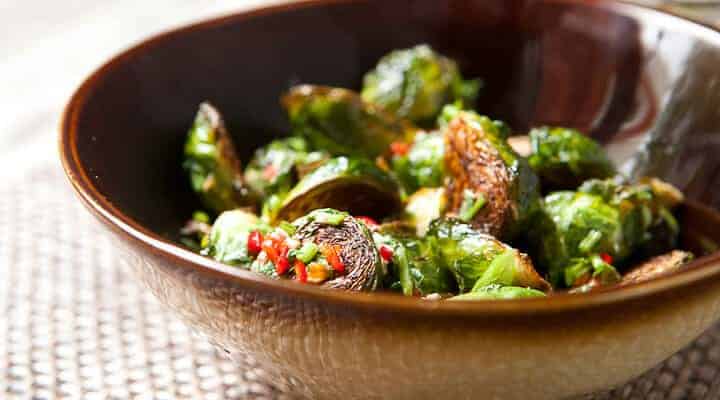
-
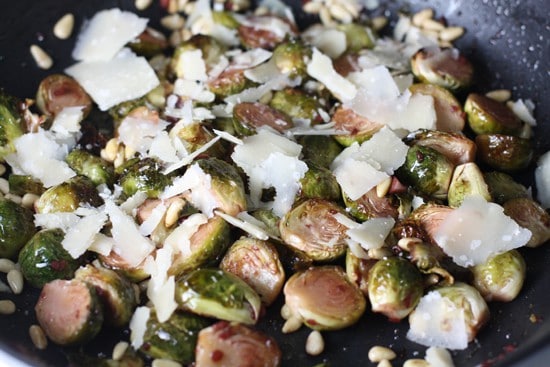
-
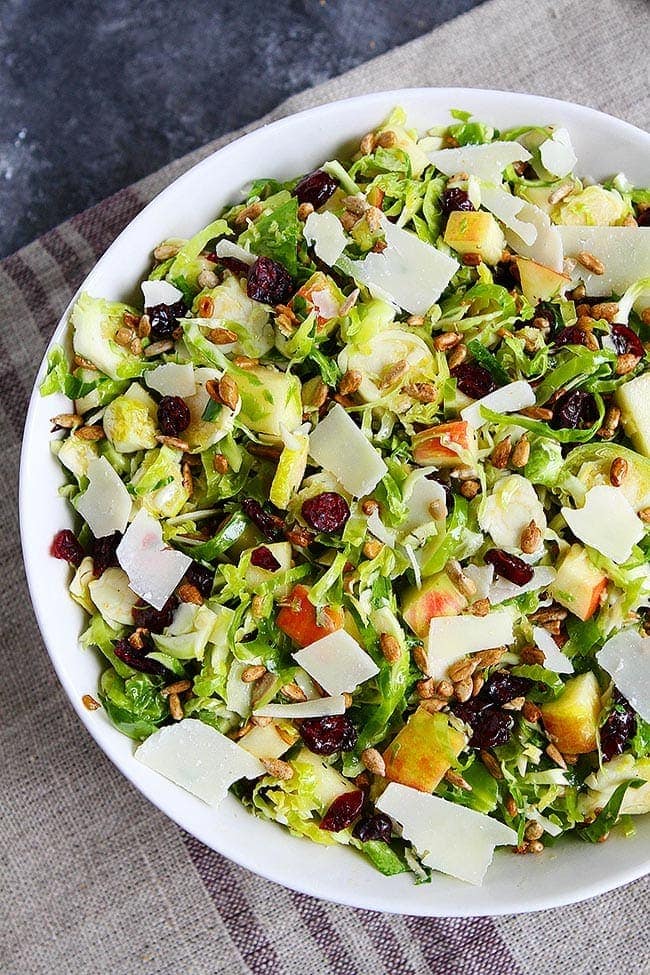
-
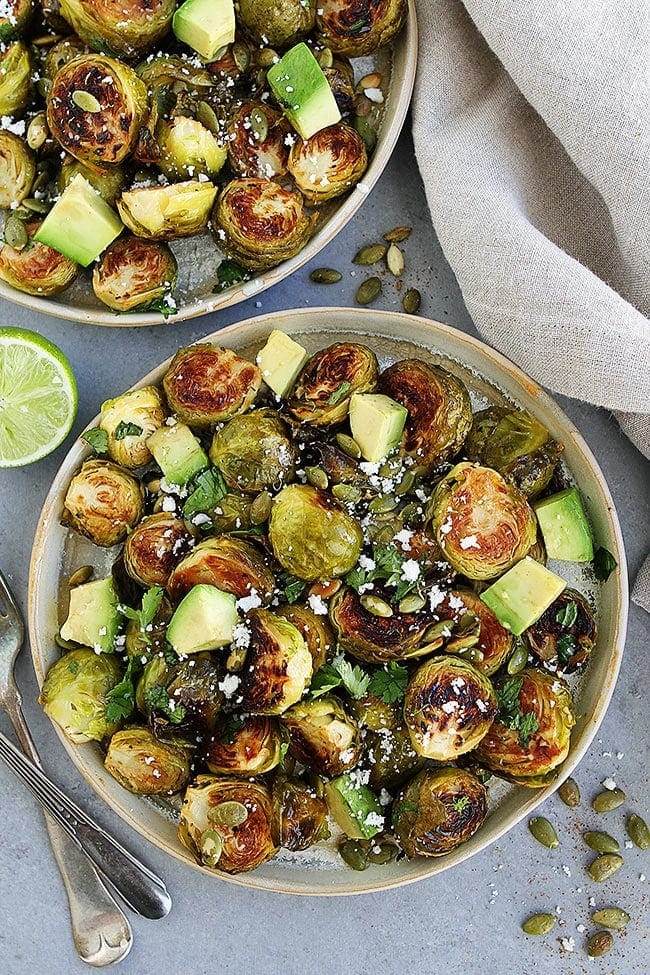
-
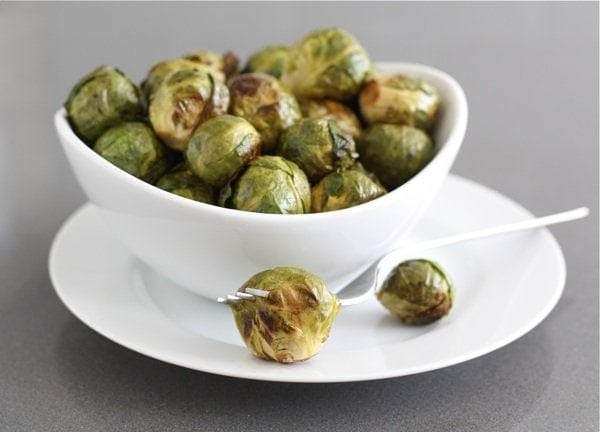
-
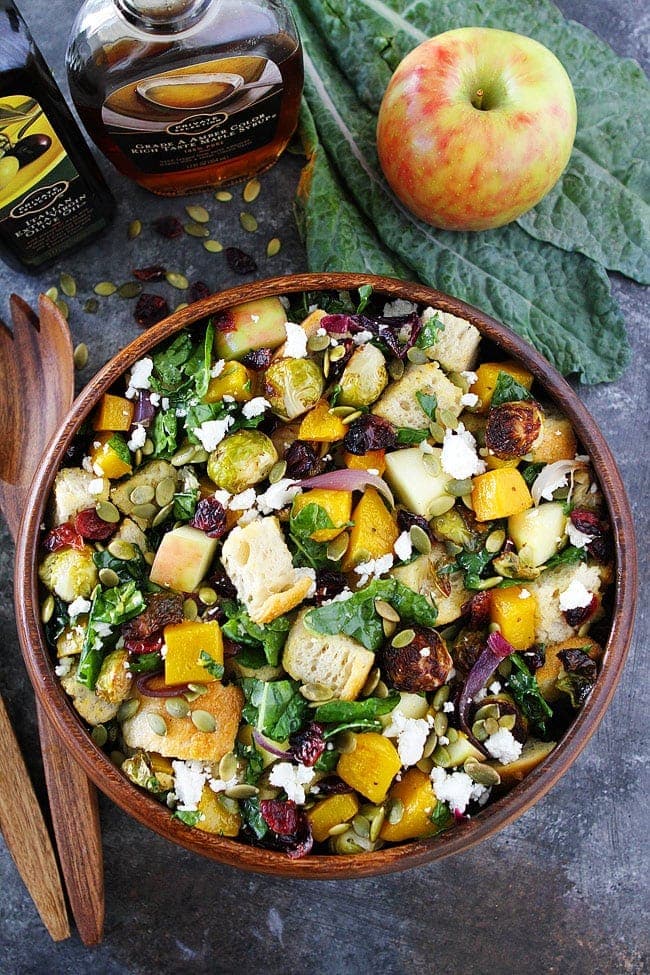
-
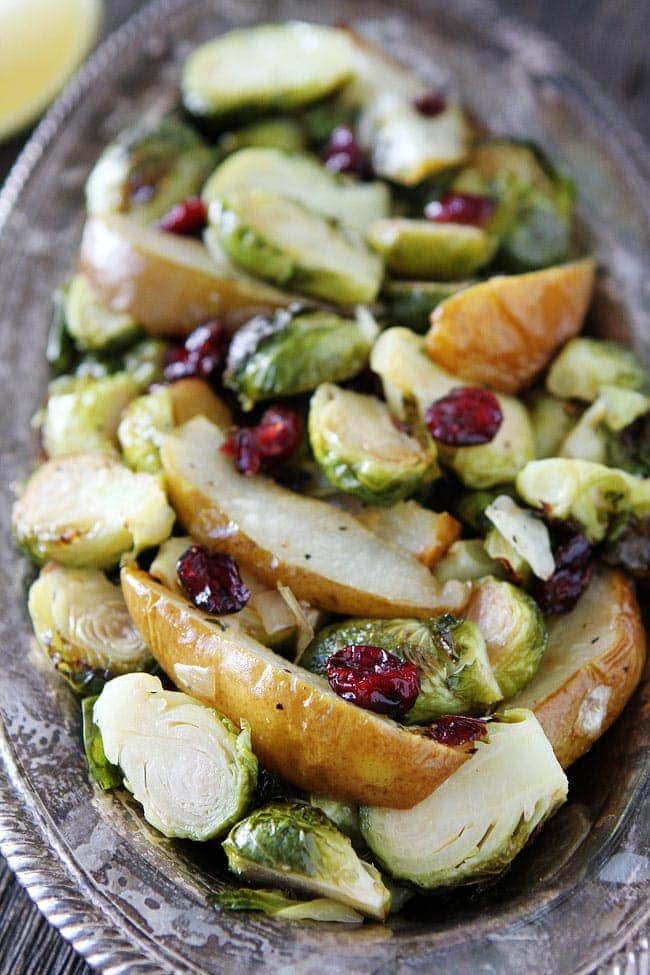
-
![Kale and Brussels Sprouts Salad with Butternut Squash, Pomegranate, and Candied Pecans Image]()
-
![Cranberry Orange Roasted Brussels Sprouts Image]()
-
![Brussels Sprout Pomegranate Citrus Salad Image]()
-
![Chopped Brussels Sprouts with Dried Cranberries, Pecans & Blue Cheese Image]()
-
![Blueberry Brussels Sprouts Salad Image]()
-
![Roasted Brussel Sprouts with Pancetta Image]()
-
![Shaved Brussels Sprouts Salad With Roasted Beets, Pecans and Goat Cheese Image]()
-
![Carbonara Pasta With Charred Brussels Sprouts Image]()
-
![Spicy Sausage and Brussel Sprouts Foil Packets Image]()
-
![Roasted Brussels Sprouts and Butternut Squash Image]()
-
![Sautéed Brussels Sprouts with Pancetta Image]()
-
![Roasted Brussels Sprouts, Butternut Squash and Bacon with Maple Soy Glaze Image]()
-
![Brussels Sprouts Gratin Image]()
-
![Pumpkin Mac and Cheese with Roasted Veggies Image]()
-
![Brussels Sprouts and Sausage Parsnip Spiralized Pasta Image]()
-
![Roasted Brussels Sprouts and Cauliflower Soup Image]()
-
![Buffalo Brussels Sprouts with Crumbled Blue Cheese Image]()
-
![Grilled Brussels Sprouts with Balsamic Glaze Image]()
-
![Brussels Sprouts Carbonara Image]()
-
![Roasted Brussels Sprouts and Shallots with Balsamic Glaze Image]()
-
![Raw Shredded Brussels Sprouts with Lemon and Oil Image]()
-
![Penne Pasta with Brussels Sprouts In a Ragu Image]()
-
![Sautéed Brussels Sprouts Image]()
-
![Parmesan Roasted Sheet Pan Dinner Image]()
-
![Curry Roasted Chicken and Brussel Sprouts Image]()
-
![Brussel Sprout Stuffing Image]()
-
![Kale Power Salad Image]()
-
![Brussels Sprouts and Bacon Image]()
-
![Parmesan Roasted Brussels Sprouts Image]()
-
![Roasted Brussel Sprouts + How-To Video Image]()
-
![Bacon Peppered Pork Tenderloin Image]()
-
![Pan Roasted Brussels Sprouts with Ginger Image]()
-
![Easy Roasted Vegetables with Honey and Balsamic Syrup Image]()
-
![Cinnamon Star Anise Citrus Roasted Chicken Salad Image]()
-
![Celery Root Soup with Pancetta and Toasted Hazelnuts Image]()
-
![Sheet Pan Garlic Herb Chicken with Potatoes and Veggies Image]()
-
![Instant Pot Creamy Brussel Sprouts Image]()
-
![Maple Glazed Roasted Butternut Squash with Brussels Sprouts Image]()
-
![Oven Roasted Brussels Sprouts with Honey Balsamic Glaze Image]()
-
![Ginger Glazed Salmon with Asparagus and Brussels Sprouts Image]()


